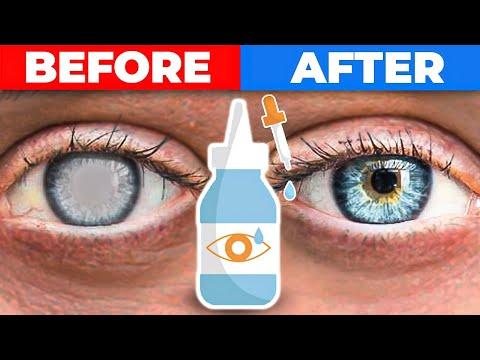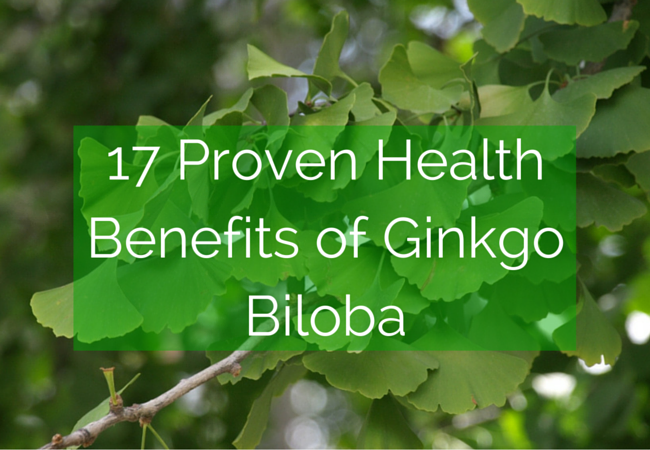
Researchers at the University of Auckland are investigating cataract treatments that enhance the antioxidant glutathione (GSH) in the lens. Cataracts, a leading cause of vision impairment, are often treated with surgery, but the risks and long wait times have prompted growing interest in alternative approaches, such as antioxidant-based therapies, to prevent or delay their development. Risk factors include age, diabetes, and prior eye surgeries like vitrectomy, making non-invasive solutions an appealing option.
While cataract surgery is a common solution, it carries significant risks. In 42% of cases, patients experience dry eyes, and in 20%, a droopy eyelid can occur. Other side effects may include floaters, retinal detachment, eye infections, glaucoma, further vision loss, and even secondary cataracts. These risks highlight the importance of exploring natural remedies and preventative measures before opting for surgery. Although scientific evidence for natural treatments may be limited, they present minimal risk and could offer benefits over time.
Oxidative stress plays a big role in the development of cataracts, but antioxidants like glutathione (GSH) can help slow this process. However, getting GSH into the lens of the eye is difficult due to natural barriers. Some strategies, like activating the Nrf2 pathway, show promise in boosting glutathione levels and protecting against cataracts. Lutein, a nutrient found in dark leafy greens, eggs, and other foods, also helps shield the eyes from oxidative stress and blue light, which can speed up cataract formation and other issues like macular degeneration. Keeping a healthy gut and getting enough antioxidants like glutathione and lutein is key to maintaining long-term eye health and preventing vision problems.








